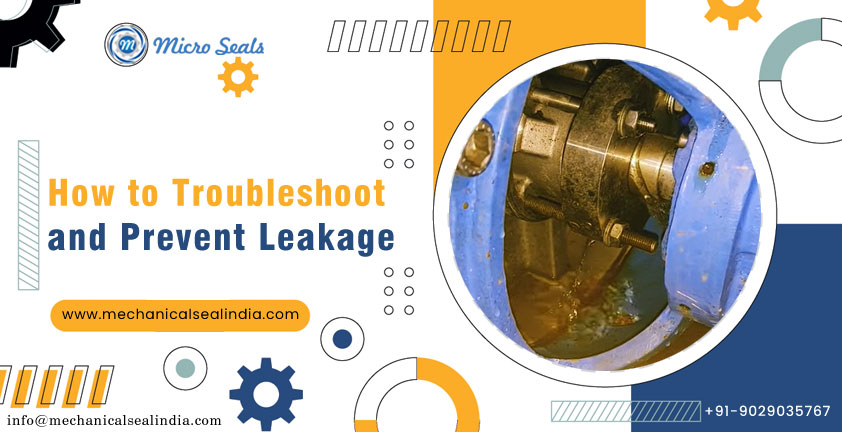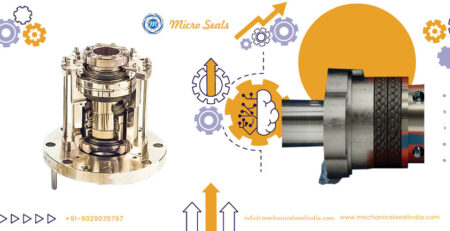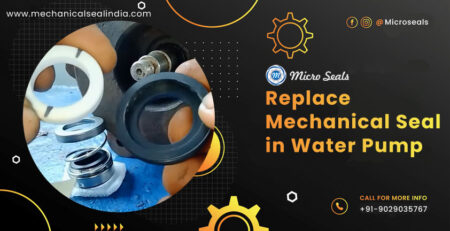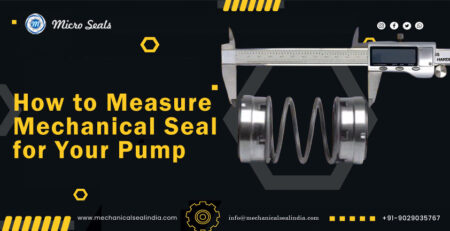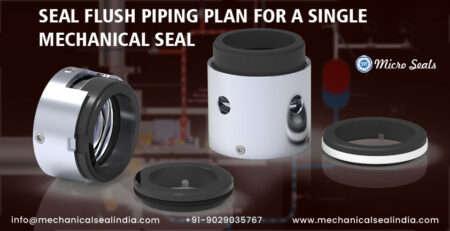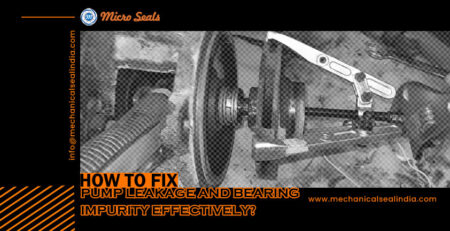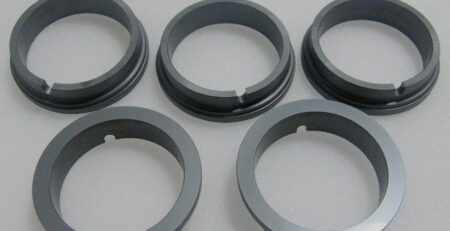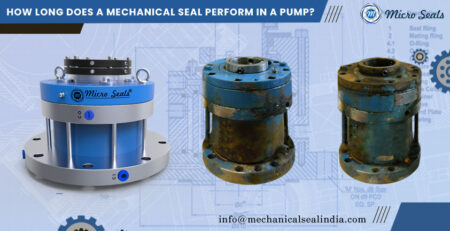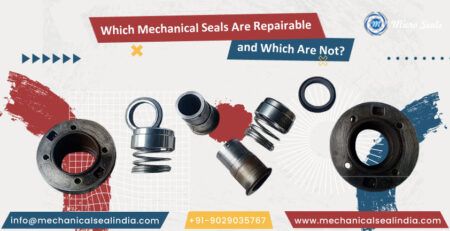Mechanical seals are critical components in pumps and rotating equipment, designed to prevent fluid leakage while maintaining pressure and efficiency. However, seal failures and leakage are common challenges that can lead to equipment damage, downtime, and increased operational costs. Understanding the causes and solutions for mechanical seal leakage is essential for maintaining the reliability of your equipment.
Table of Content
Common Causes of Mechanical Seal Leakage
Improper Installation:
- Misalignment or over-tightening during installation can damage the seal.
- Using incorrect tools or failing to follow manufacturer guidelines increases the risk of leakage.
Wear and Tear:
- Prolonged use can lead to erosion, pitting, or cracking of seal faces.
- Operating beyond the recommended pressure and temperature ranges accelerates deterioration.
Incorrect Material Selection:
- Seals must be compatible with the fluid being handled.
- Aggressive chemicals or abrasive particles can degrade the material quickly.
Inadequate Lubrication:
- Dry running or insufficient lubrication causes friction, leading to overheating and wear.
Vibration and Misalignment:
- Excessive vibration or shaft misalignment puts stress on the seal, causing premature failure.
Signs of Mechanical Seal Leakage
- Visible Fluid Drips: Regularly check for drips around the pump housing.
- Increased Power Consumption: Leaks often result in inefficiencies, requiring more energy.
- Unusual Noises or Vibrations: Indicate misalignment or worn components.
- Frequent Need for Replacement: A higher-than-normal replacement rate signals underlying issues.
How to Troubleshoot and Prevent Leakage
Routine Inspections:
- Perform regular visual and operational checks.
- Look for signs of corrosion, wear, or fluid residue.
Proper Installation Practices:
- Ensure alignment and use manufacturer-approved methods.
- Employ skilled technicians to handle sensitive components.
Upgrade Materials:
- Use advanced or coated materials for demanding applications.
- Consider seals designed for specific chemical resistance.
Improve Lubrication:
- Ensure adequate flow of lubricants to the seal faces.
- Install monitoring systems for lubrication levels.
Minimize Vibration:
- Balance rotating equipment and monitor for abnormal vibrations.
- Fix alignment issues promptly to reduce stress.
Advanced Solutions for Persistent Issues
If leakage persists despite regular maintenance, consider advanced options such as:
- Double Mechanical Seals: Provide a secondary barrier for critical applications.
- Seal Support Systems: Maintain optimal pressure and temperature conditions.
- Professional Analysis: Consult experts for diagnostics and tailored solutions.
Conclusion
Mechanical seal leakage is a manageable issue with proper awareness and proactive measures. By understanding the causes and implementing effective prevention strategies, you can extend the life of your seals, reduce downtime, and ensure efficient operations. Regular maintenance and adopting advanced sealing solutions will safeguard your equipment and optimize performance.
To Know More about mechanical seal supplier Read Our Blog Post on top mechanical seal supplier For More mechanical seal services Information, Check out our Mechanical Seals Repair Page.
Microseals Is ISO 9001:2015 Certified Company and Leading Mechanical Seals Manufacturer & Supplier In India, Providing Leakages Solutions To All Types Of Pump Applications By Manufacturing Mechanical Seals And Sealing Components As Per Customer’s Require, Samples or Need. To Know More About Mechanical Seal Call On +91 – 9029035767 Or Email At [email protected]

